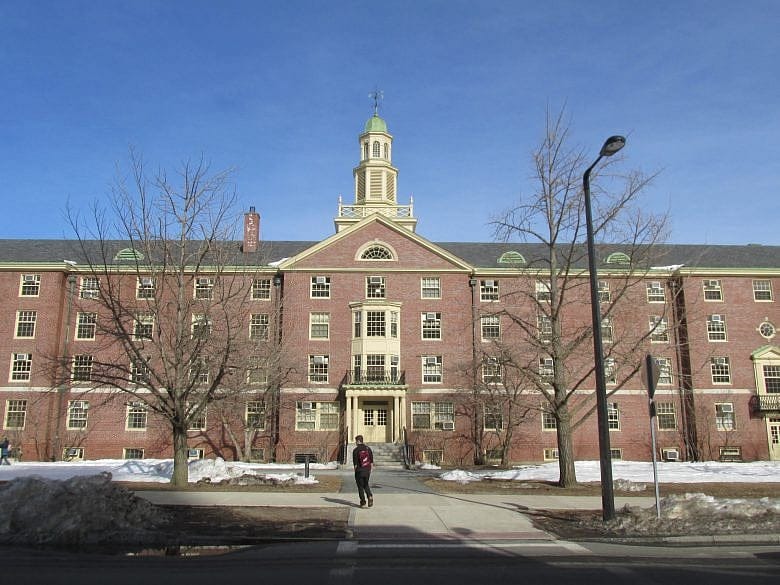UMass critics decry veer to left in required courses

AMHERST – The University of Massachusetts has turned a corner and begun to more explicitly prescribe political attitudes and views that students – and faculty – at its flagship Amherst campus must not only study but embrace, critics say.
The school, in recent guidelines sent to teachers on constructing new courses or updating old ones, is pushing a "social justice agenda," according to Daphne Patai, a professor who has publicly objected to the policy. In an email, she said it's about "the explicit politicization of the guidelines so that they embody a particular political perspective, which evidently professors and students are expected to embrace."

